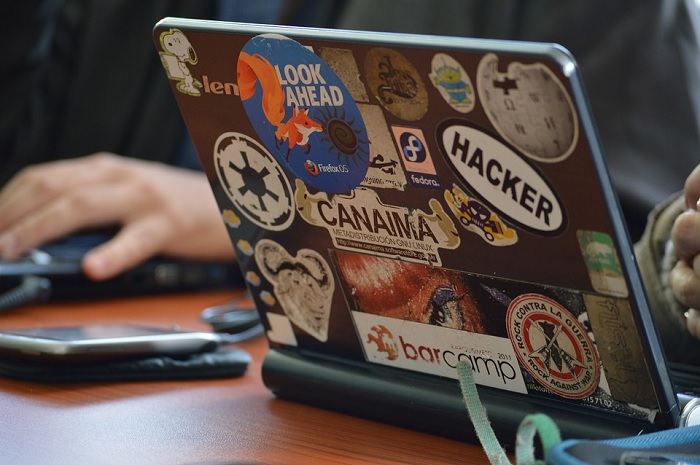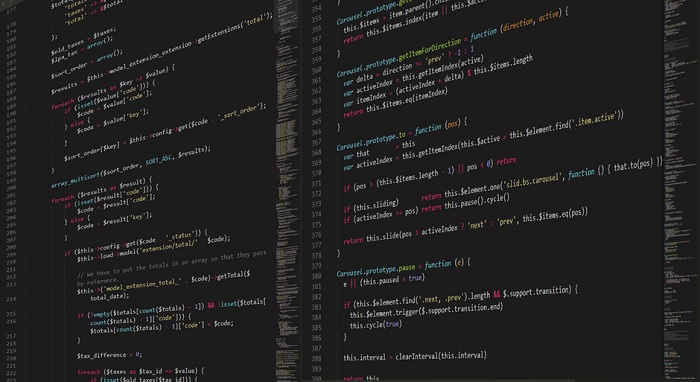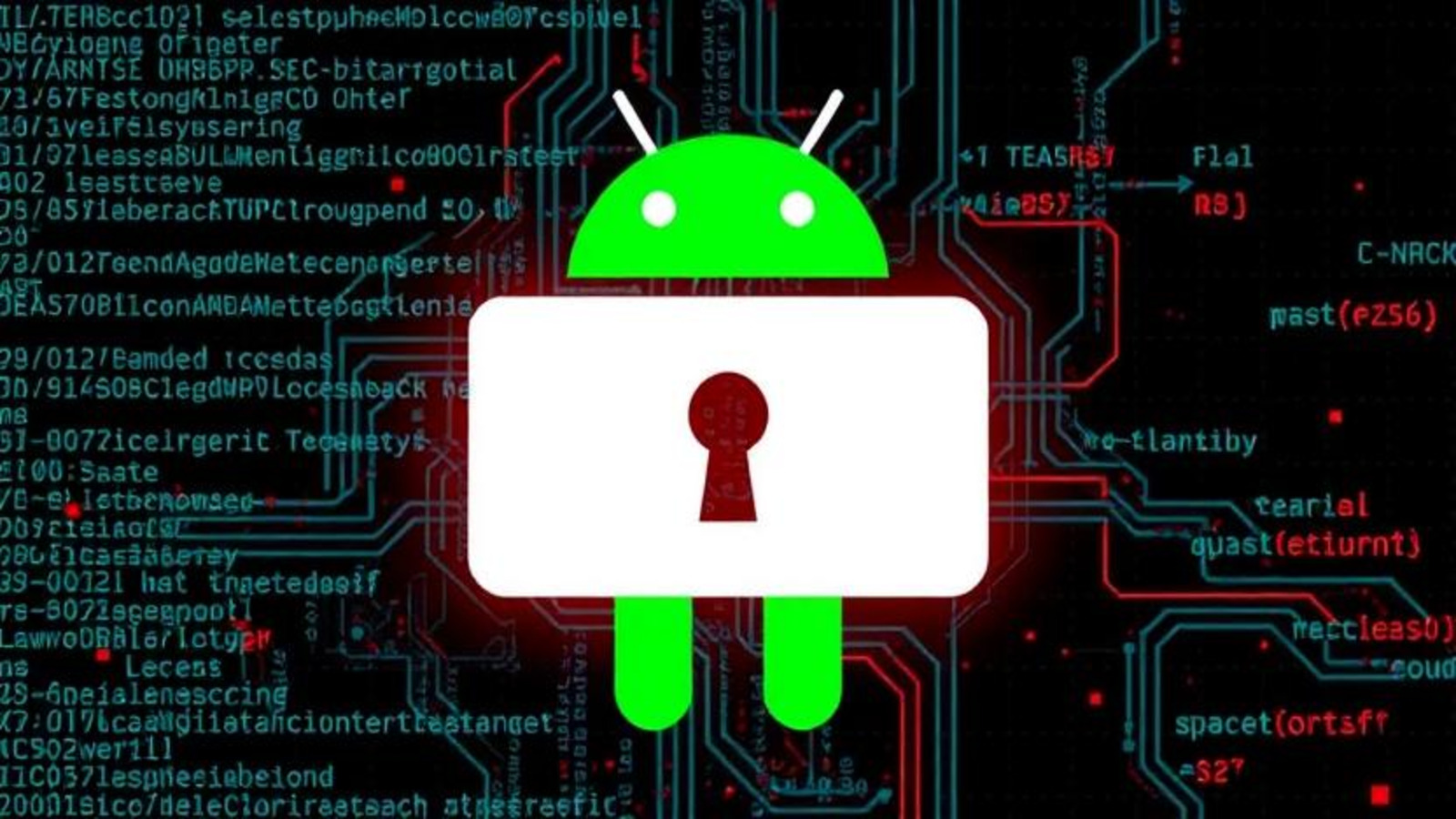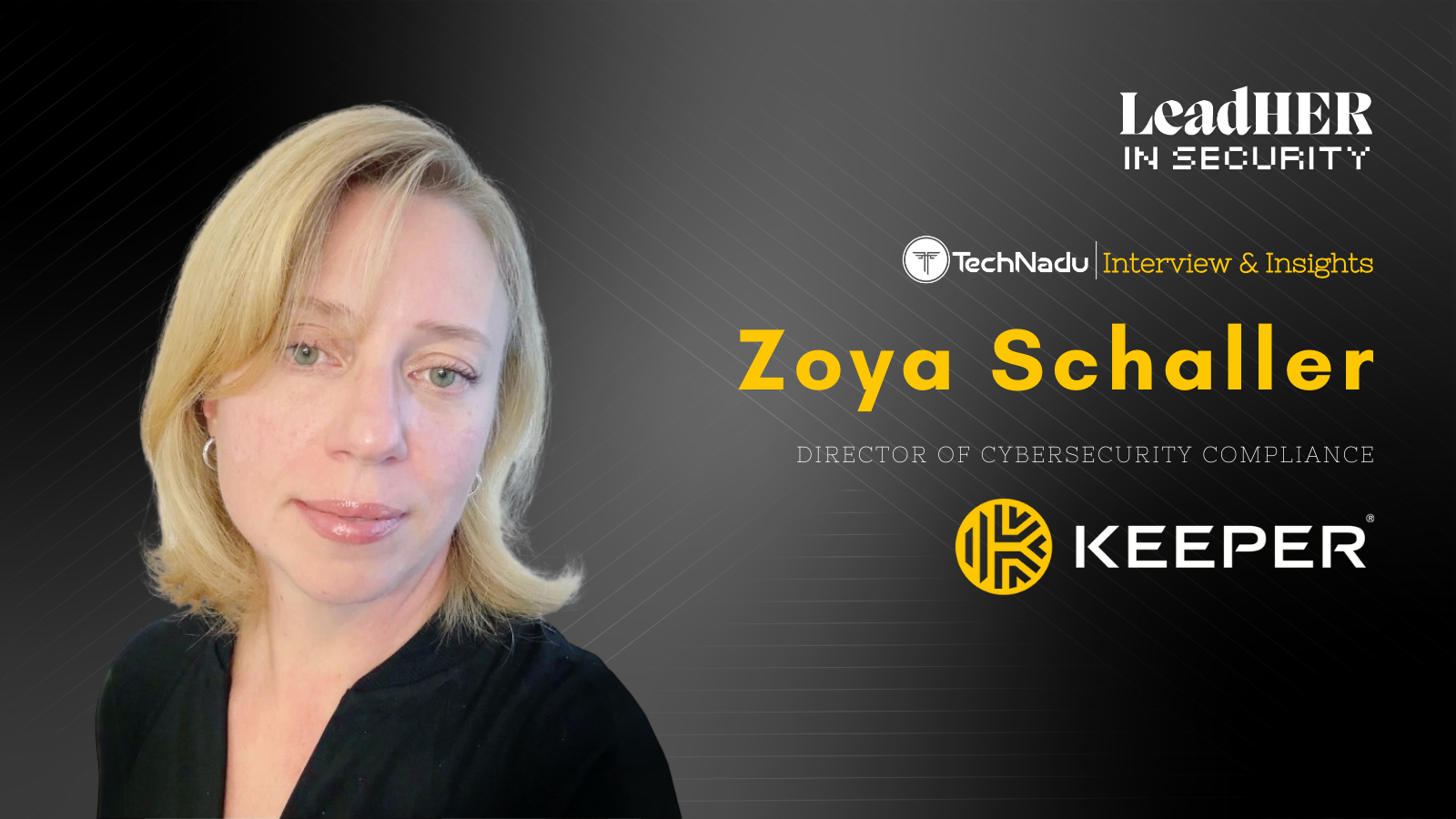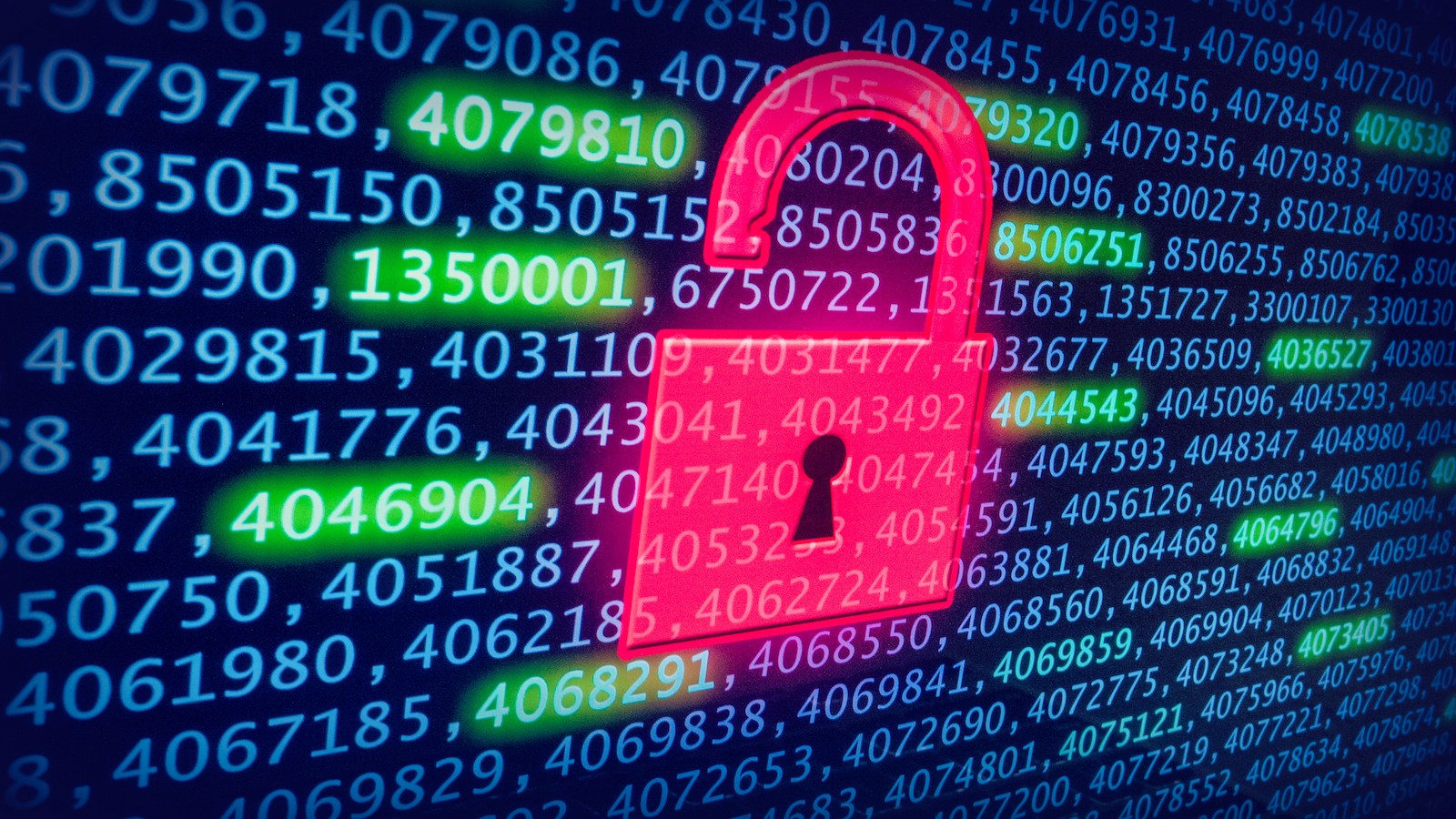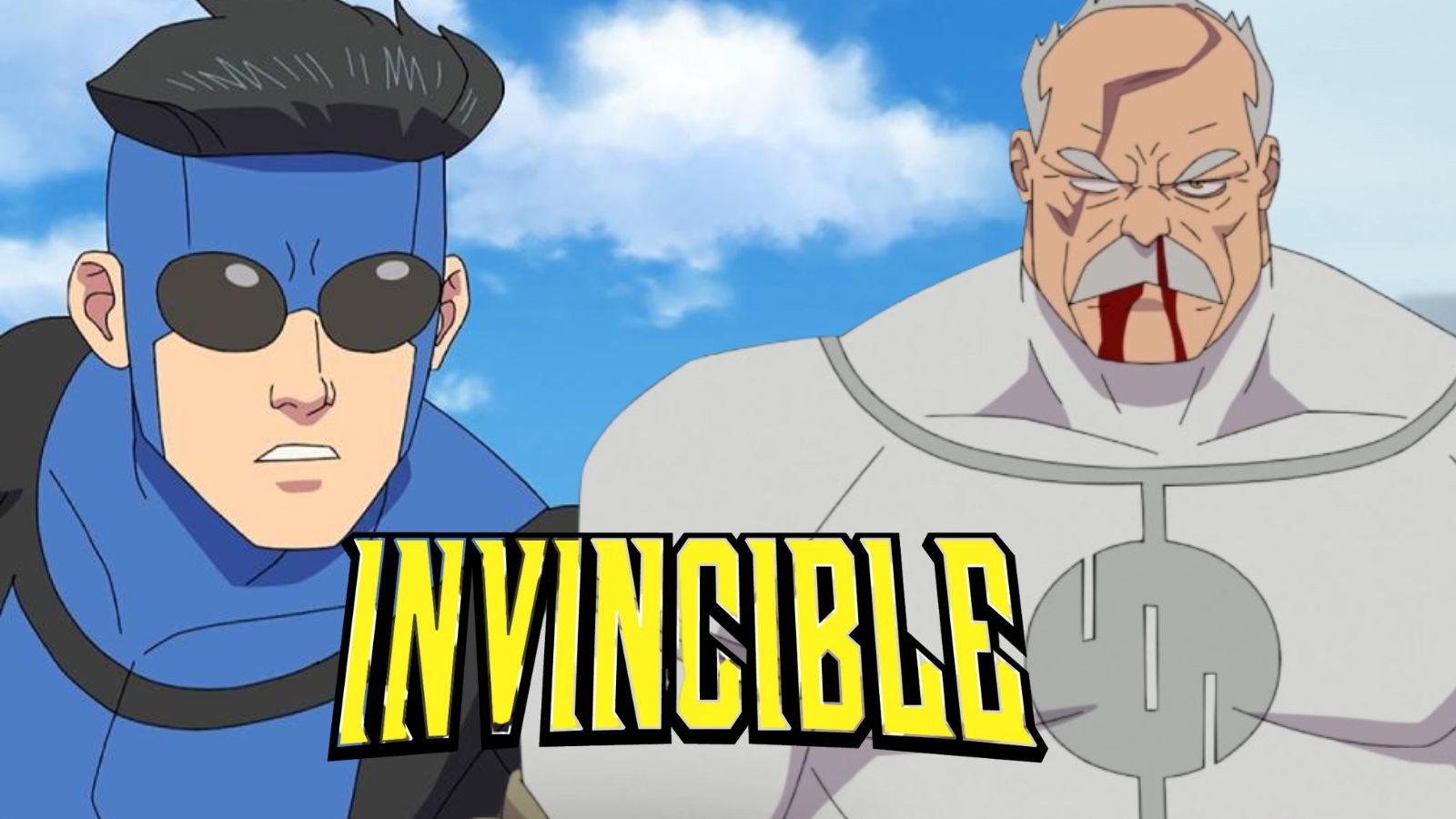
When you purchase through links on our site, we may earn an affiliate commission. Here’s how it works.
How to Become a Hacker
Once you have seen a movie that has a cool computer hacker in it, chances are the thought of becoming an all-powerful computer god has crossed your mind. The thing is, how hackers are portrayed in Hollywood is almost entirely unlike the reality of being one. Nonetheless, hackers of all kinds are a force to be reckoned with in this modern information age and having the knowledge to really understand how the computer technology that surrounds us works is empowering.
So how does one become a hacker? It’s not like you can go to a hacker school, although certain types of schooling can be helpful. In this article, I’ve compiled the key skills and knowledge that hackers say you need to join their ranks.
Why Do You Want To Hack?
Before you look at how to become a hacker, it’s important to understand your own motivations. There are ethical and criminal hackers in the world. Those that want to help improve security (often for money) and those that want to use their powers for evil. There's a whole spectrum in between as well. It's important to have a clear idea of what you want to do in your new role as a hacker.
It’s a State of Mind
Being a hacker isn’t just a job. It’s a way of thinking about the world. Hackers approach problems in a very special way, which is why they can come up with such ingenious and creative ways to break into systems and make them do things they were not meant to do.
Hackers are tinkerers. They are driven to find the weak spots in the system. To prove that something can be done that no one else would have thought of. If you want to know what the inside of a hacker's mind looks like, read The Hacker's Manifesto. It's 32 years old this year but it's still pretty close to the mark.
Learning the Basics
There is no one set universal skills that every hacker knows. Instead, there's a galaxy of knowledge and hackers who focus on different areas learn what they need to be a success at what they want to do. That being said, there are some fundamental technologies that you should be familiar with according to people in the know. Here are some of the most common ones.
Unix/Linux
While Unix and Linux don't exactly have a notable footprint in end-user computing, they underpin much of the internet's infrastructure, not to mention numerous embedded systems. If you can develop a deep understanding of Unix and its derivatives you're well on your way to hacking godhood.
Essential Coding Languages
While many script kiddies call themselves hackers, the true hacker is the one who can speak the language of computers and the internet.
A good place to start is to learn C programming language, but there are a number of programming and markup languages that should be on your radar:
- XML & HTML
- Java
- PHP
- Python
Get to Know Many Operating Systems
You don't only have to know the inner workings of web end-structure well, end-user devices are also something you should consider. Historically this meant learning Windows, MacOS and other popular desktop OSes as well Thanks to the rise in smartphone adoption you might as well add Android and iOS to the list as well. Both of these operating systems have close ties to Unix and Linux but have been so modified that you might as well approach them as independent cases.
Get Your Brain to Think in Networks
Understanding network structure and technology at every layer of operation is essential for a hacker. The early hacking heroes such as Captain Crunch were able to achieve what they did because they had an intimate understanding of the telecommunications technology of the time. You need to understand network configurations (LAN, WAN, VPN) and the low-level operation of network protocols.
Read, Read and Read Some More
Plenty of great books have been written on all the areas of knowledge you need to engage with. Read some of the great tutorials written by actual hackers who want to share their methods and know-how. Some people just apply these tutorials without really knowing what they are doing, but you can also use tutorials to reverse-engineer how hackers think.
Speak to Other Hackers
There's no substitute for picking the brains of actual hackers. While you might get the cold should every now and then, in general, these are people who want to share their knowledge and show the world what they have done. Hacking conventions are also a wonderful place to pick up tips and new knowledge. No person is an island and hackers have always built themselves up based on the shared knowledge of the community.
Get Your Hands Dirty
Throughout your exploration of all these knowledge domains, you need to apply the knowledge so that it will stick! I'm not saying you should do anything illegal, but taking part in hacker challenges or setting them up for yourself is an excellent way to learn by doing.
Start with simple tutorials and work your way up slowly. You are not going to become a skilled hacker overnight. It will take years of dedicated learning and practice, but nothing worth doing is ever easy!
Hats Off To You
I've always admired hackers. I love reading stories about people like Kevin Mitnick, Captain Crunch and all the pioneering hackers that came after them. They make what they do seem so easy, but if you really delve into what you need to learn in order to develop the sort of insight a top-level hacker has then you can't help but give them applause.
Just please remember that if you're going to brave the web in order to flex your developing hacker muscle, don't do it without an excellent VPN such as our current favorite ExpressVPN. Be safe out there people!


